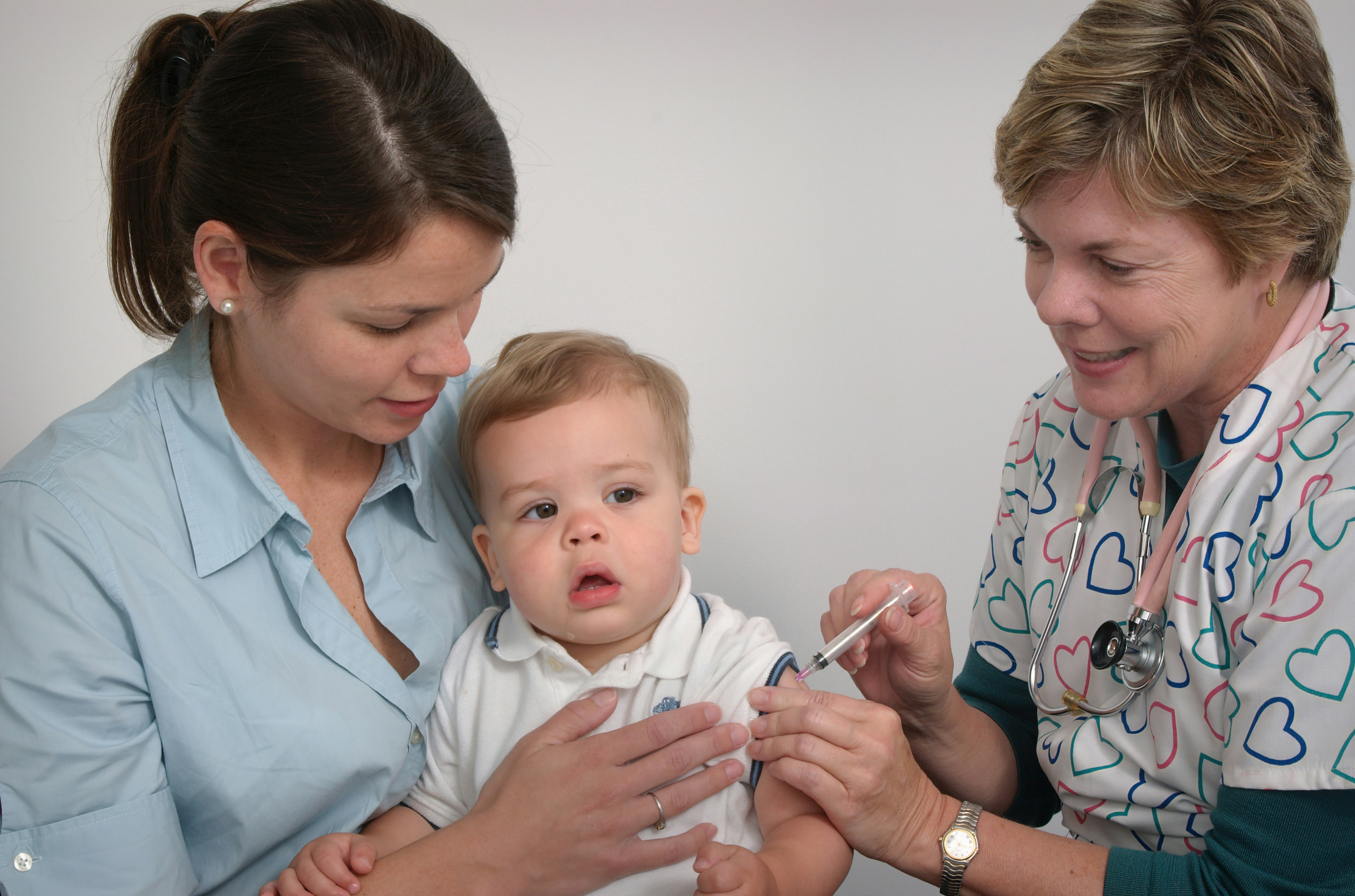Search

News & Events
The Kids researchers help quantify global impact of life-saving vaccinesResearchers at The Kids Research Institute Australia have helped map the global impact of life saving vaccines to mark the 50-year anniversary of the Expanded Programme on Immunisation (EPI).
Research
Re-examining Hepatitis B Postexposure Prophylaxis Following Pediatric Community-acquired Needle-stick Injury in an Era of a National Immunization RegistryLong-term hepatitis B immunity has been demonstrated following the completion of the primary vaccination series in childhood. Some guidelines recommend a hepatitis B surface antibody (anti-HBs) directed approach following community-acquired needle-stick injury (CANSI) to inform hepatitis B postexposure prophylaxis (PEP) management.
Research
IFNβ Is a Potent Adjuvant for Cancer Vaccination StrategiesCancer vaccination drives the generation of anti-tumor T cell immunity and can be enhanced by the inclusion of effective immune adjuvants such as type I interferons (IFNs). Whilst type I IFNs have been shown to promote cross-priming of T cells, the role of individual subtypes remains unclear. Here we systematically compared the capacity of distinct type I IFN subtypes to enhance T cell responses to a whole-cell vaccination strategy in a pre-clinical murine model.
Research
Cutaneous CpG adjuvant conditioning to enhance vaccine responsesAdjuvant activity of the Toll receptor 9 agonist CpG 1826 was compared when given subcutaneously (s.c.) together with ovalbumin (s.c.[CpG + Ova]), or when given by either s.c. or intradermally (i.d.) routes two days prior to s.c. ovalbumin.
Research
The Collaboration for Increasing Influenza Vaccination in Children (CIIVIC): a meeting reportThe burden of seasonal influenza disease in Australian children is substantial, especially for those with medical comorbidities including chronic cardiac, respiratory, neurological and immunosuppressive conditions. Influenza is more likely to be severe in children with comorbidities compared to previously healthy children (e.g. more frequent and longer hospitalisation, more frequent intensive care unit admission and requiring respiratory support). Direct protection against influenza by vaccination is critical for children with comorbidities and remains the most effective tool for influenza prevention.
Research
School-based HPV vaccination positively impacts parents’ attitudes toward adolescent vaccinationThis qualitative study aimed to explore parental attitudes, knowledge and decision-making about HPV vaccination for adolescents in the context of a gender-neutral school-based Australian National Immunisation Program (NIP). Semi-structured interviews with parents of adolescents eligible for HPV vaccination were undertaken as part of an evaluation of a cluster-randomised controlled trial of a complex intervention in 40 schools (2013-2015).
Research
Lack of effectiveness of 13-valent pneumococcal conjugate vaccination against pneumococcal carriage density in Papua New Guinean infantsPapua New Guinea (PNG) introduced the 13-valent pneumococcal conjugate vaccine (PCV13) in 2014, with administration at 1, 2, and 3 months of age. PCV13 has reduced or eliminated carriage of vaccine types in populations with low pneumococcal carriage prevalence, carriage density and serotype diversity.
Research
ATAGI 2022 Annual Statement on ImmunisationChristopher Blyth MBBS (Hons) DCH FRACP FRCPA PhD Centre Head, Wesfarmers Centre of Vaccines and Infectious Diseases; Co-Head, Infectious Diseases
Research
Status epilepticus following vaccination in children aged ≤24 months: A five-year retrospective observational studyStatus epilepticus is associated with significant morbidity and mortality. While vaccine-proximate status epilepticus (VP-SE) has rarely been associated with cases of Dravet syndrome, it is not known whether VP-SE differs clinically from non-vaccine proximate status epilepticus (NVP-SE).
Research
Efficacy of the adjuvanted subunit protein COVID-19 vaccine, SCB-2019: a phase 2 and 3 multicentre, double-blind, randomised, placebo-controlled trialA range of safe and effective vaccines against SARS CoV 2 are needed to address the COVID 19 pandemic. We aimed to assess the safety and efficacy of the COVID-19 vaccine SCB-2019.
